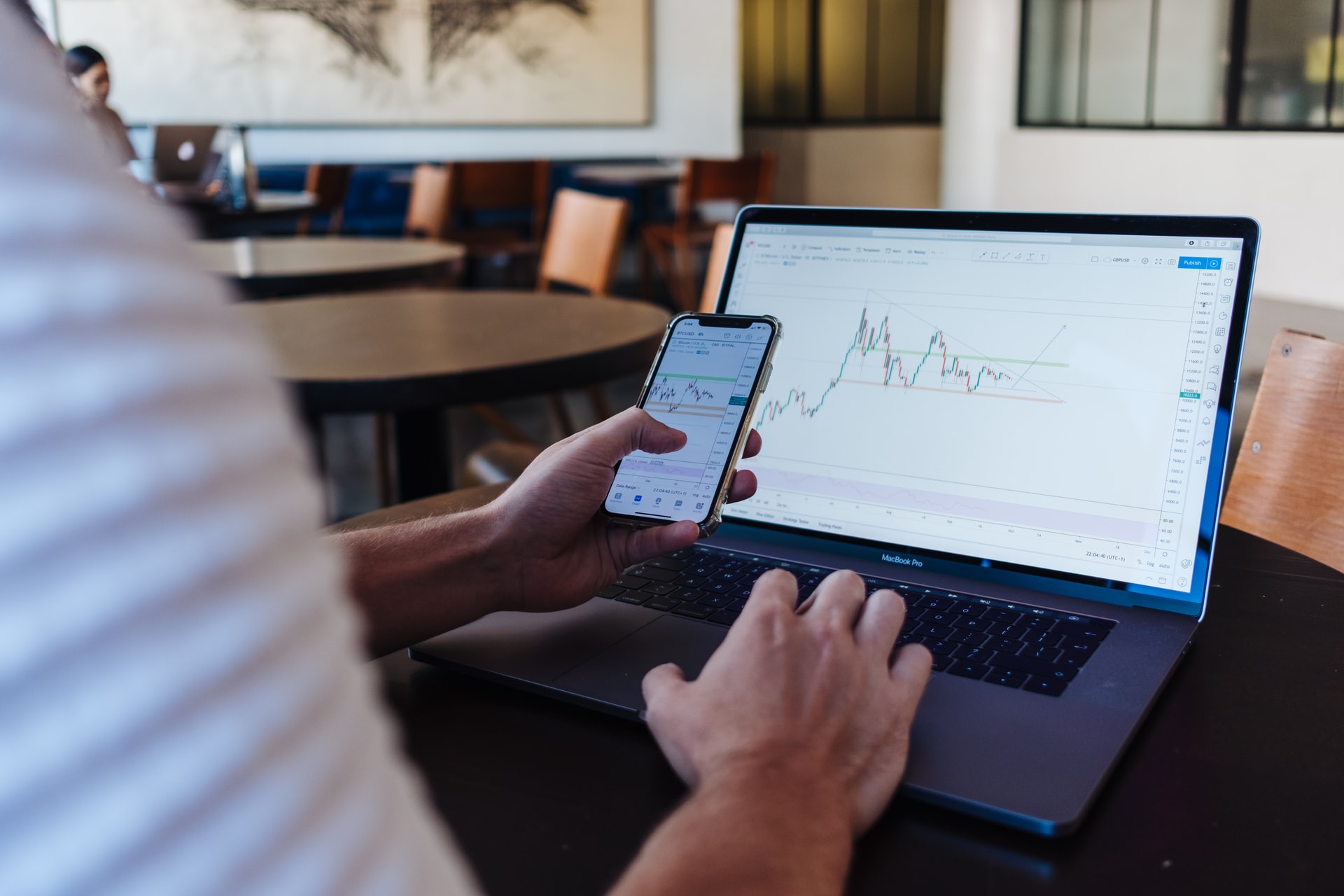
What is Crypto ETF?
A crypto ETF is a way to invest in cryptocurrencies without having to purchase them directly. The value of a cryptocurrency ETF is tied to the price of the underlying asset. These funds are not traded on the crypto exchange, but on the NYSE or Nasdaq. A typical crypto ETF charges a significant management fee, and there are several limitations to owning one. Before making a purchase, you should understand how these funds work. The main difference between a cryptocurrency ETF and another type is their purpose. While both of these funds track digital tokens, the crypto ETF has a…






